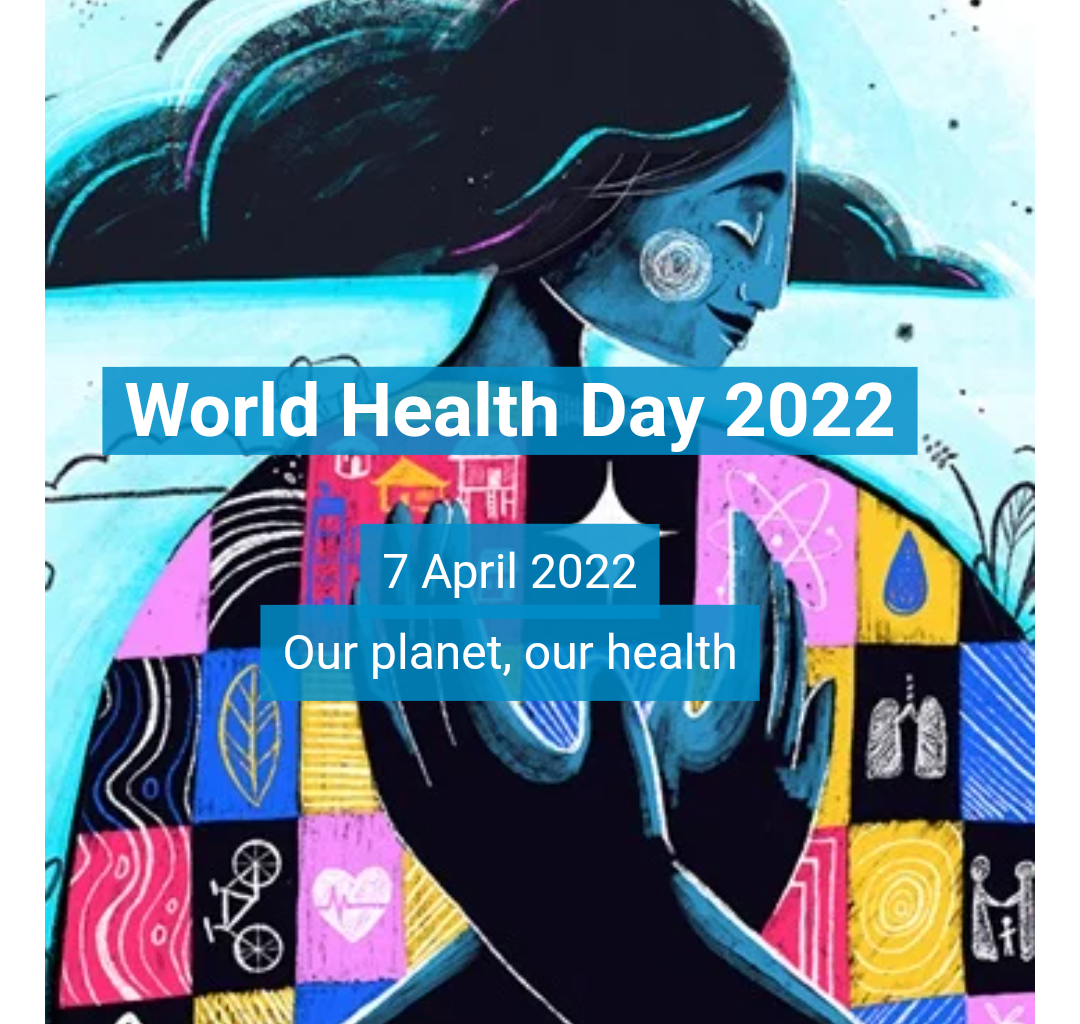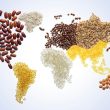
Zimbabwe faces a rise in average temperatures to about 3°C before the end of this century with annual rainfall declining by between 5% and 18%, especially in the south, if climate change is not mitigated.
Rainfall will become more variable. There will be an increase in droughts, floods and storms. This will affect the country’s food security, health, energy supply and the economy.
“Climate change disproportionately affects the most vulnerable and disadvantaged in communities. We call for accelerated action by leaders and all to preserve and protect health by investigating in mitigation of the climate crisis,” said WHO Zimbabwe Country Representative Dr Alex Gasasira in a message to mark the World Health Day 2022.
This year’s theme “Our planet: Our health” advocates for global attention on urgent actions needed to keep humans and the planet healthy and foster a movement to create societies focused on well-being.
Climate change is the single biggest health threat facing humanity contributing to environmental risks that are killing around 13 million people every year. Zimbabwe has not been spared from the devastating impacts of climate change with heavy rainfalls, characterized by floods and cyclones as well as droughts.
“Climate Change has the potential to stall the country’s development, pose a serious risk to food security, health, and adaptive capacity.
Our government has shown its commitment to address climate change through our National Climate Change Response Strategy (NCCRS) which seeks to establish specific provisions for dealing with climate changes issues, understanding the extent of the threat, and putting in place specific actions to manage potential impacts.
“In addition, our commitment to develop a climate-resilient Zimbabwe has also been demonstrated by the elevation of the Climate Change Office into a fully-fledged Climate Change Department,” Deputy Minister of Health and Child Care Dr John Mangwiro said.
WHO says that political, social and commercial decisions are driving the climate and health crisis. Over 90% of people breathe unhealthy air resulting from burning of fossil fuels. A heating world is seeing mosquitos spread diseases farther and faster than ever before.
Extreme weather events, land degradation and water scarcity are displacing people and affecting their health. Pollution and plastics are found at the bottom of our deepest oceans, the highest mountains, and have made their way into our food chain.
Systems that produce highly processed, unhealthy foods and beverages are driving a wave of obesity, increasing cancer and heart disease while generating a third of global greenhouse gas emissions.
According to the Meteorological Services Department, since 1987 the country has experienced its six warmest years on record, with daily minimum and maximum temperatures having risen by approximately 2°C over the past century. This has seen the country experience extremes of weather over the past two decades and has had to deal with 10 droughts, decreased freshwater and destroyed biodiversity.
“Children are the most vulnerable to the effects of climate change which are becoming more widespread. As extreme weather events such as cyclones, droughts and heat waves increase in frequency and ferocity, I call on Government to create risk-informed policies that place climate resilience at the center of national strategies,” said UNICEF Representative, Dr Tajudeen Oyewale.
Due to climate change, Zimbabwe experienced Cyclone Idai in 2019 which affected more than 270 000 people leaving over 341 people having lost their lives, and massive destruction of infrastructure which include clinics, hospitals, and schools amongst others. The country also suffered the tropical cyclones Anna amongst other climate shocks, signaling an urgent need for all stakeholders to start conversations around climate change as well as mitigation plans










